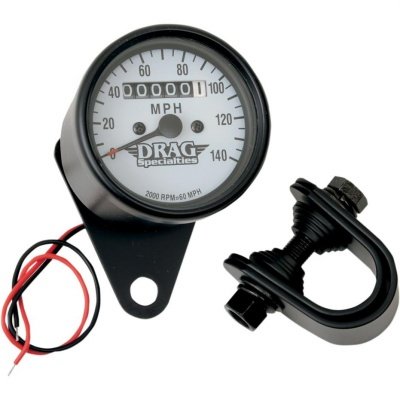How to Protect Yourself From Odometer Fraud

Odometer frauds have become extremely common over the last few years and it is important to take measures to protect yourself from this crime. Owners of vehicles tend to reset the speedometer on their cars just before selling it, which is of course against the law. It is recommended to understand how this fraud works and what actions you must take to protect yourself from these illegal activities. Once the odometer is reset, the vehicle does not show the actual mileage. Follow some simple methods to help protect yourself from odometer fraud.
Instructions
-
1
Before doing anything else, you will need to understand how odometer tampering works and how you can avoid buying a vehicle with a fake mileage reading. It can save you a lot of time and trouble if you are able to spot a vehicle that has a tampered odometer. It is recommended to take your time when examining the vehicle at the time of purchase. Sit in the drivers seat and bend down to see any unusual wear on the brake pedal. If the door keys and ignition are in unacceptable condition, you should refrain from buying the vehicle.
-
2
It is advised to have a look at the registration certification, find contact details of the previous owner and talk to him or her about the vehicle and the maintenance in general. However, do not expect the person to admit to odometer fraud even if you believe it might have been done.
-
3
You may also choose to contact your local state office or Bureau of Motor Vehicles to find out if any odometer tampering was done on the vehicle you intend to buy. Staff at Bureau of Motor Vehicles is very friendly but do not expect them to reveal the previous owners’ details such as a name or an address.
-
4
Consider doing your research about the make, model, body colours, year, mileage and body code of the vehicle. If the vehicle is more than ten years old, it is likely that the mileage on odometer will be close to 100,000 miles. Old vehicles showing low mileage may have an odometer that has been tampered with by the previous owners.
-
5
Compare mileage on the vehicle to mileage upon the prior purchase because this will help you determine if the seller is trying to deceive you. Avoid buying vehicles titled out of state. Collect additional information on such vehicles before making the payment.







